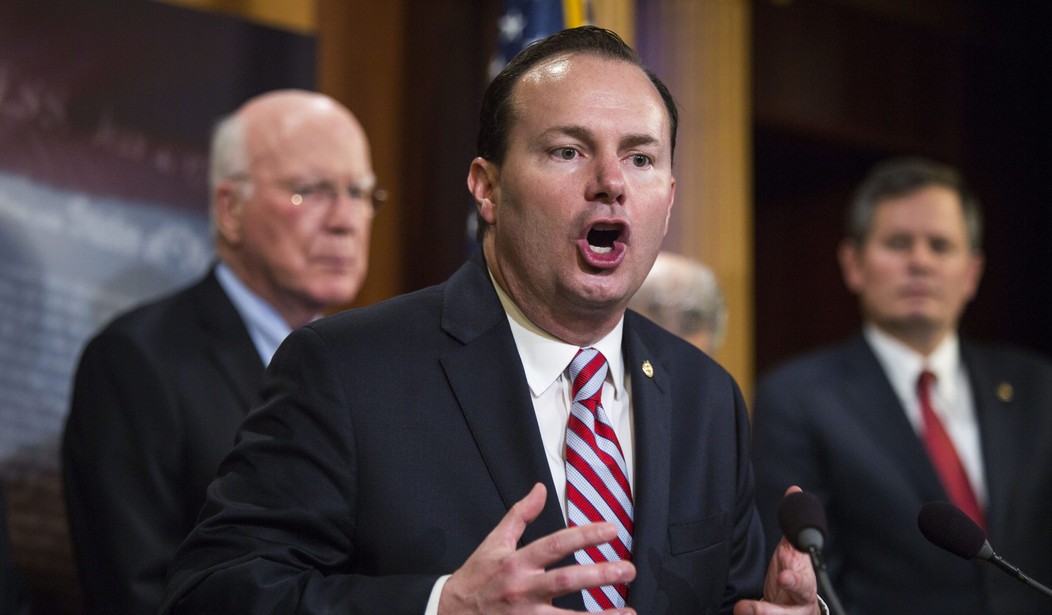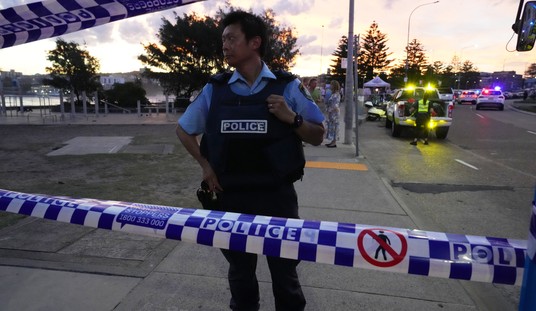WAHSINGTON – The D.C. Circuit Court of Appeals last week declined to reconsider an order upholding the Federal Communications Commission’s net neutrality rule, which clears the way for potential Supreme Court review of the agency’s authority over the internet.
“We will be asking the (Supreme Court) to take the case, and I would not discount the possibility that they will,” Berin Szoka, president of the nonprofit think tank TechFreedom, said Friday during a panel discussion on Capitol Hill. TechFreedom — which represents various Silicon Valley entrepreneurs whose services were banned by the net neutrality rule — served as the only intervener in last week’s net neutrality case.
Net neutrality requires that internet service providers treat all internet data equally, effectively barring ISPs from throttling website data traffic for financial gain. The FCC approved its net neutrality rule in 2015 through the Open Internet Order, which reclassified ISPs from information services to public utilities. The order also stripped the Federal Trade Commission of its authority over internet privacy and moved the responsibility to the FCC. Republican FCC Chairman Ajit Pai has proposed scrapping the Open Internet Order and returning authority to the FTC.
The May 1 decision in the D.C. Circuit Court of Appeals is considered a major victory for net neutrality supporters. In 2016, a partial panel for the court ruled against broadband trade group USTelecom, which had challenged FCC’s authority to enforce net neutrality. USTelecom then requested a full review, or en banc court review, which the court denied, citing the uncertainty surrounding net neutrality at the FCC.
“The agency will soon consider adopting a Notice of Proposed Rulemaking that would replace the existing rule with a markedly different one,” the court stated in its ruling. “In that light, the en banc court could find itself examining, and pronouncing on, the validity of a rule that the agency had already slated for replacement.”
“We intend to take this case up to the Supreme Court,” Szoka said. “I believe that, No. 1, this is not a question for the FCC to resolve and that this is a question that Congress should resolve.”
Sen. Mike Lee (R-Utah) last week introduced the Internet Freedom Act, a piece of legislation that would void FCC’s net neutrality rule and bar the agency from considering a similar rule in the future.
“Few areas of our economy have been as dynamic and innovative as the internet,” Lee said in a statement. “This is largely because the federal government has taken a hands-off approach that has allowed permissionless innovation to deliver unthinkable technological advances in such a short amount of time. But now this engine of growth is threatened by the Federal Communications Commission’s 2015 Open Internet Order, which would put federal bureaucrats in charge of engineering the Internet’s infrastructure.”
Gigi B. Sohn, a former counselor to Obama-era FCC Chairman Tom Wheeler, who engineered the net neutrality rule, said during Friday’s debate that the situation is no longer about net neutrality. She said it has evolved into a referendum over the future of the FCC and its authority.
“It’s one thing to have authority, to have power, and not use it. It’s another thing to completely abdicate that authority to another agency,” she said, arguing that the FTC is not the expert agency for internet regulation. She said that the American people will weigh heavily on the ever-evolving debate.
“People think and believe that broadband internet is critical to their lives,” Sohn said. “Privacy is critical to their lives. They don’t love their ISPs. This debate is going to be a referendum on ISPs and a referendum on the FCC and its current chairman.”
Szoka said that the policy debate concerning FCC’s authority should come after the legal questions have been answered. If no legislation passes, he said the next four to eight years will be spent under the FTC approach, only to return to where we are today, once a Democrat FCC chairman is appointed and reclassifies the internet.
“We’re headed for limbo unless we get legislation or a clear Supreme Court decision, and I’m hopeful that we will get that decision,” Szoka said.









Join the conversation as a VIP Member